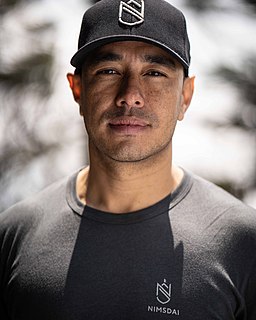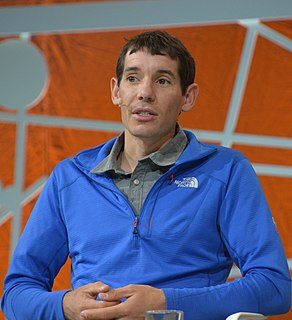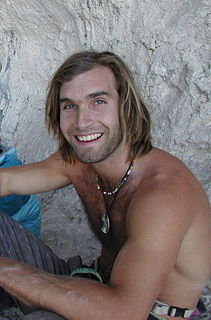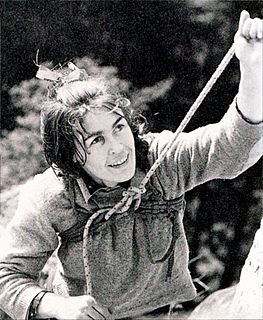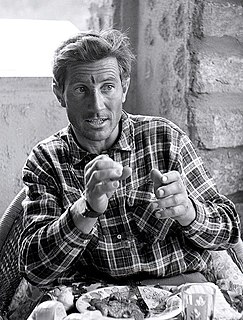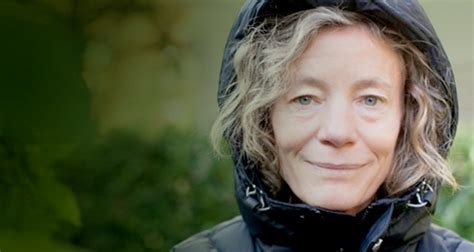A Quote by Nirmal Purja
As a Nepali, I hope my climbs put a spotlight on the talented climbers here.
Related Quotes
In a general sense, I think it's bad to bring too much money into climbing, since it takes away a little from the beauty of the mountains. But at the same time, I can't blame the Nepali government - or the Indian, Pakistani or Chinese, depending on where you're climbing - from wanting to capitalize on foreign climbers.
We [climbers] demonstrate in the most stunning way of all - at the risk of our lives - that there is no limit to the effort man can demand of himself. This quality is the basis of all human achievementit can never be proved enough. I consider that we climbers - that I - serve all humanity. We prove that there is no limit to what man can do.
The best climbers no longer go to the 8000ers, but to the most difficult mountains in the world which are 6000 or 7000-meter-peaks. There they find any kind of playground. But it is a pity that the really good climbers have fewer opportunities to finance their expeditions because so much attention is taken away by the Everest tourists.
I hope my talent has something to do with it. I just think this business is so crazy. I obviously do the best I can, and the directors I admire see something in me. But this is a strange business, and there are people who are incredibly talented who never make it, who never get these opportunities. So that's why I say I'm lucky. I don't feel that I'm not talented - I think I am talented - but I also think I'm very lucky.
